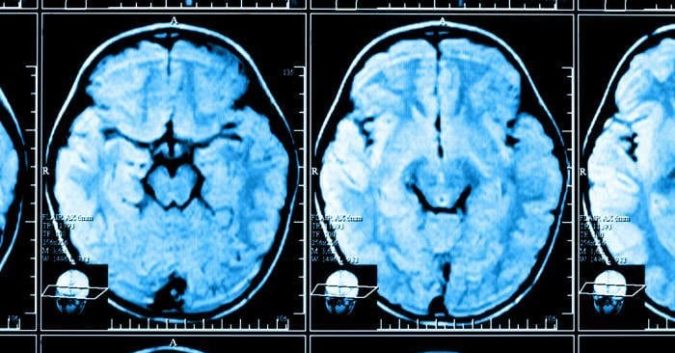Traumatic brain injuries, or TBIs, are more common than you may think, affecting about 2.4 million children and adults in the United States each year. TBIs are commonly caused by falls, motor vehicle accidents, or sports-related injuries and can impact the brain’s ability to think, reason, and remember. Symptoms of a TBI may not occur until days or weeks after an accident – so it is important to continue looking out for warning signs after an incident, even if you don’t notice any injuries right away.
At Sokolove Law, we work to help TBI victims who have been injured due to someone else’s negligence obtain justice and compensation for their injuries. In support of Brain Injury Awareness Month, we offer this list of brain injury symptoms to watch out for if you or a loved one has been in an accident.
Symptoms of a Mild Brain Injury
A concussion is a common type of mild brain injury. Symptoms usually clear up within hours, days, or weeks. It is important to note that even a brain injury that is classified as “mild” is a serious injury that requires prompt medical attention.
- Loss of consciousness for brief periods (seconds to a few minutes)
- Disorientation
- Dizziness
- Headache
- Nausea and/or vomiting
- Altered sleep routine—either difficulty sleeping or sleeping more than normal
- Sensitivity to light and sound
- Mood swings and anxiety
- Trouble concentrating
- Changes to vision, hearing, and taste
Symptoms of a Moderate Brain Injury
A TBI is considered “moderate” if the state of unconsciousness lasts more than 30 minutes. Symptoms are similar to those associated with a mild TBI, with these additional warning signs:
- Loss of consciousness lasting more than 30 minutes to several hours
- Convulsions and/or seizures
- Dilated pupil in one or both eyes
- Poor coordination
- Numbness or weakness in fingers and toes
- Clear fluid draining from nose or ears
- Inability to wake up
- Slurred speech
- Confusion, agitation, and/or combative behavior
- Coma
Symptoms of a Severe Brain Injury
If a person is unconscious for more than 24 hours after a head injury, then he or she qualifies as having a severe TBI. The symptoms are similar to those associated with mild and moderate TBIs, but are more serious and tend to last longer.
When is it Time to See a Doctor?
Because the symptoms of a TBI do not always surface right away, there is no way to be absolutely sure a seemingly mild injury won’t worsen. Children in particular may not be able to express what symptoms they are experiencing, so as a general rule, call emergency services if the victim experiences even a short period of unconsciousness, dizziness, seizures, or vomiting. If you are not sure of the severity of a head injury, play it safe and see a doctor.
Contact Sokolove Law
If you or someone you love suffered a brain injury due to someone else’s negligence, Sokolove Law may be able to help. We can fight to get compensation, which may help with mounting medical bills or loss of income if you or a loved one is no longer able to work. Contact Sokolove Law today for a free legal consultation.
Any medical decision is important. Please consult with your physician.
